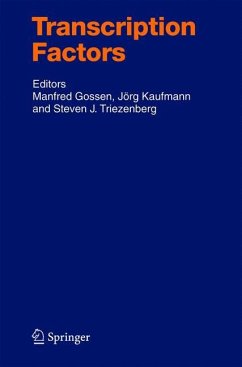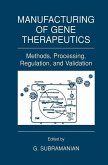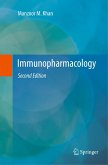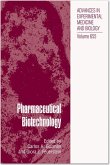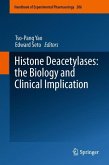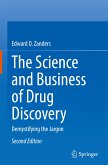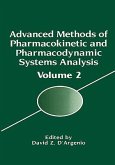Transcription factors are key players in the execution of the genomic program of any given cell. Their control over complex patterns of gene expression governs essentially every step in the development, growth and differentiation of an organ ism as well as its physiological responses to external stimuli. An Introduction to Transcription Factors, the first part of this volume, de scribes the varied and combinatorial mechanisms involved in the two basic modes of transcriptional control, activation (the chapter by Herrera et al.) and repression (the chapter by Arnosti). Overlaying both modes is an emerging emphasis on epigenetic regulation that uses intricate patterns of chromatin modi fication. Although many of these mechanisms have been elucidated by studying prototypical genes or transcription factors, the recently developed tools of ge nomic biology allow us to unravel the complexity of global transcriptional pro grams with an ever-increasing speed and accuracy (the chapter by Zacharewski and La Pres). Given the central role that transcription factors playas relays positioned be tween the genome and the intracellular and extracellular signals to which cells must respond, it is not surprising that these regulatory proteins playa major role in pathological processes. Part 2 of this volume, Transcription Factors in Patho physiology, introduces a selection of specific transcription factors and their families. Each of these factors has a well-established function in basic cellular mechanisms that, upon dysregulation, can cause or contribute to human disease.
Hinweis: Dieser Artikel kann nur an eine deutsche Lieferadresse ausgeliefert werden.
Hinweis: Dieser Artikel kann nur an eine deutsche Lieferadresse ausgeliefert werden.

